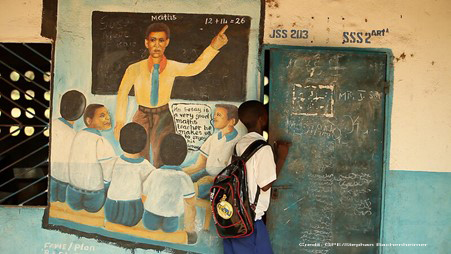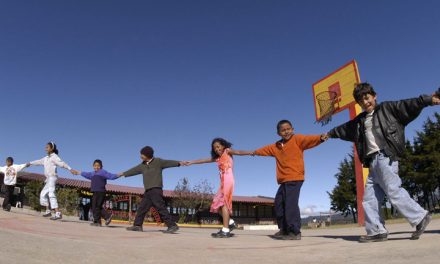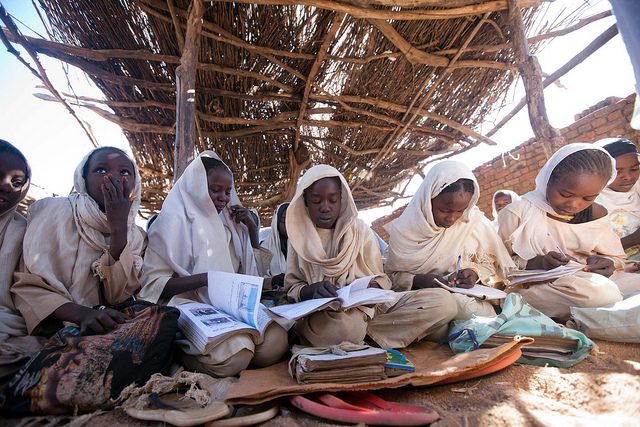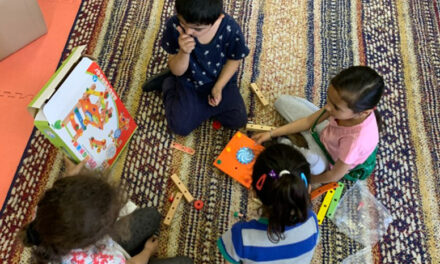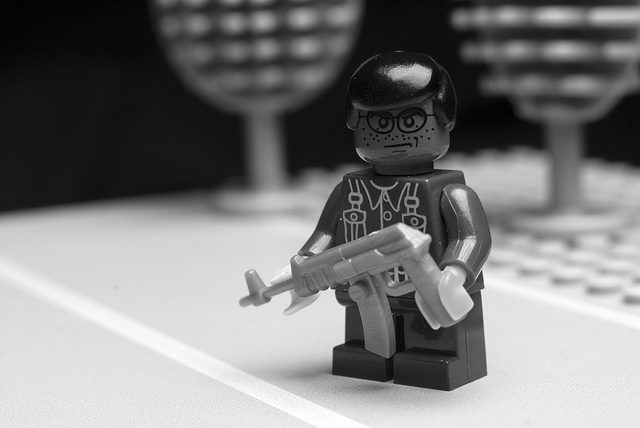This blog was written by Sixtine Berquist, Advocacy & Communications Officer, and team at ACCESS (Accelerating Change for Children’s and Youth’s Education Through Systems Strengthening), University of Auckland, New Zealand.
The long-lasting impacts of colonialism, racism, and embedded power-structures have long been discussed within international development practices more widely. It is only recently, however, that these discussions have come to the fore within the Education in Emergencies community. ACCESS has structured itself from its inception to challenge (or at least think more deeply about how to challenge) the hierarchical systems found within our research communities.
We entered this research project with the intent of being transparent about not only our findings, but also our approach and structure. We hope that discussing our successes and failures along the way will help future research projects challenge the common tropes and ‘isms’ that continue to reproduce unequal relationships of privilege, power and control of knowledge production and expertise within the Education in Emergencies (EiE) community.
Along each step of building a research project – from funding, to the participation and agency of researchers, to final presentation and credit – we have seen Western academic institutions utilise the knowledge and reach of local actors without creating a space for true and equitable academic engagement.
When invited to present at the CEDE! (Collective on Education, Decoloniality and Emergencies) 2021 conference in early December 2021, we thought this the opportune moment to discuss the past and present experiences of our researchers. Our panel, Rethinking research-practice partnerships: How might we forge a new path forward?, was a chance for us to discuss the privilege and power hierarchies we’ve experienced and observed within EiE research, whether sufficient agency is given to ‘marginalised voices’ in EiE research, and how these dynamics have come to play out in our research approach at ACCESS. The members of the CEDE collective raised some important questions back to us to further think about including:
- How funders and funding sources can lead us to reproduce or be complicit in colonising practices and approaches, particularly when these donors often represent governments that continue to oppress others;
- The fact that the decolonising conversation within the EiE community to date continues to be dominated by representatives of the institutions complicit in such practices (including academia) rather than the communities “being served”
- The process of subcontracting those on “on the ground” to do research on behalf of Northern academia and institutions and whether significant enough commitment is made to the material redistribution of the benefits of such work (i.e. publications, prestige, financial resources, capacity to present and travel to international conferences)
This panel is one of many ways in which we will frankly share our process and we hope those engaging with our work will continue to hold us accountable to the core principles outlined in our research approach. Alongside this blog, is another one which puts two members of our research partnership in conversation with each other about what they have learned from each other thus far.
Video of panel at CEDE! (Collective on Education, Decoloniality and Emergencies) conference, December 2021 entitled: Rethinking research-practice partnerships: How might we forge a new path forward?

